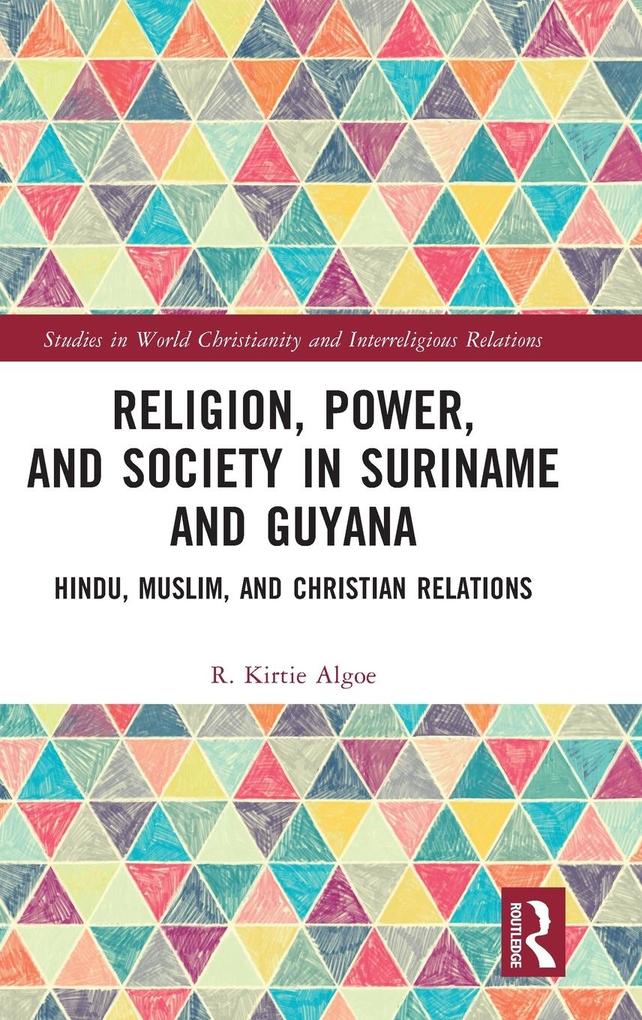
Zustellung: Mi, 16.07. - Sa, 19.07.
Versand in 7 Tagen
VersandkostenfreiBestellen & in Filiale abholen:
This book surveys the development of the religious landscape in Suriname and Guyana, focusing on the interaction between Hindus, Muslims, and Christians and responses to Christian dominance. It reflects on how and why these religiously diverse Caribbean societies are characterized by relative harmony, whereas interreligious relationships in other parts of the world have been marked by extreme conflict and violence. The chapters explore ideological and institutional dimensions, including the role of government policies, religious demography, religious leadership, and private religious institutions. The author takes a critical stance towards a negative approach to power struggles and offers a perspective that does not necessarily consider religious diversity a hindrance for religious harmony. Making valuable data accessible to scholars in the English language, this volume provides a framework for the study of interreligious relations and for understanding the religious worlds of the Caribbean.
Inhaltsverzeichnis
1 Introduction; 2 Theoretical Framework; 3 Methodology; 4 Evolution of Christian Dominance in Suriname and Guyana; 5 'Responses' and Interreligious Relations in Suriname and Guyana; 6 General Conclusions; Appendices; References
Produktdetails
Erscheinungsdatum
31. Mai 2022
Sprache
englisch
Seitenanzahl
240
Reihe
Studies in World Christianity and Interreligious Relations
Autor/Autorin
R. Kirtie Algoe
Verlag/Hersteller
Produktart
gebunden
Abbildungen
17 SW-Abb., 17 SW-Zeichn., 16 Tabellen
Gewicht
529 g
Größe (L/B/H)
240/161/18 mm
ISBN
9781032010205
Entdecken Sie mehr
Pressestimmen
"I recommend this book to all people conducting research in the field of interreligious interaction. Of course, it is a 'must read' for every scholar studying the Caribbean religious landscape. But its importance transcends the Caribbean area of research as the author also proposes a nice conceptual framework which can be used for research of interreligious interactions in countries other than Guyana and Suriname." - Freek L. Bakker in International Journal of Latin American Religions
Bewertungen
0 Bewertungen
Es wurden noch keine Bewertungen abgegeben. Schreiben Sie die erste Bewertung zu "Religion, Power, and Society in Suriname and Guyana" und helfen Sie damit anderen bei der Kaufentscheidung.









